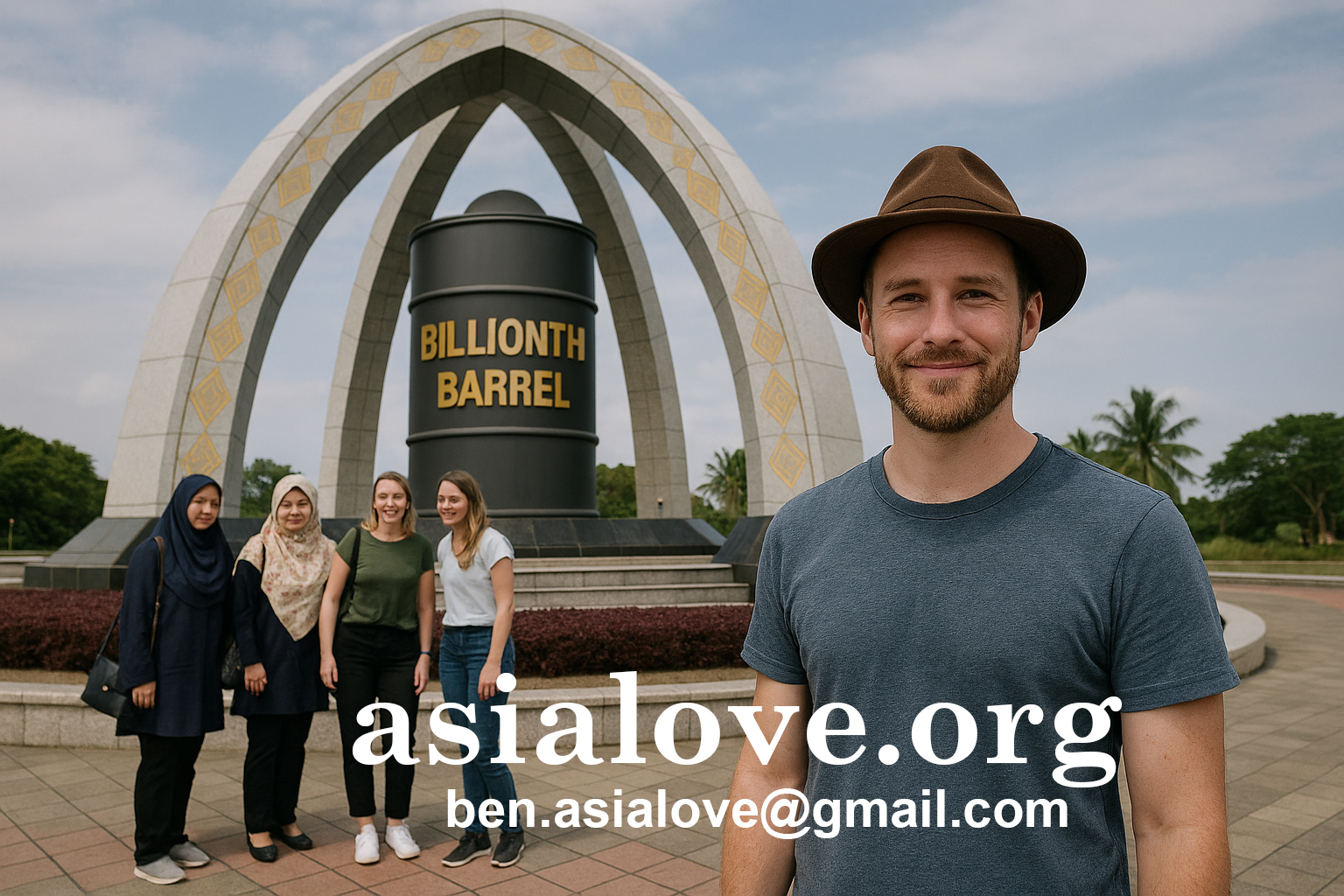Sexual Conduct Law – Brunei
Legal framework, penalties, and cultural enforcement
Legal Framework
Snapshot. Brunei operates a dual legal system. The Syariah Penal Code Order, 2013 (SPCO) sits alongside the common-law Penal Code. Under the SPCO, certain sexual offences carry hadd punishments, including stoning (on paper) and public whipping. In May 2019 the Sultan announced a continuing moratorium on executions, but the death penalty provisions remain on the books. Corporal punishment (whipping/caning) is lawful and used under Brunei law.
Who is covered
The SPCO applies to Muslims and, for a number of offences, to non-Muslims involved with Muslim co-participants. “Hadd” penalties require strict proof (confession or multiple eyewitnesses). Where that standard is not met, lesser taʿzir penalties (imprisonment, fines, whipping) may be imposed.
Key offences & punishments
Zina (consensual intercourse outside marriage) SPCO ss.68–74
“Any Muslim who commits zina … if he is muhshan, stoning to death witnessed by a group of Muslims; if he is not, 100 lashes and 1 year’s imprisonment.”
Strict proof: confession or “syahadah of at least four syahid.” The same rules can apply to a non-Muslim who commits zina with a Muslim.
Zina bil-jabar (rape) SPCO ss.75–81
Where proved to the hadd standard: if muhshan, stoning to death; if not, 100 lashes and 1 year’s imprisonment. Lesser proof allows long prison terms and up to 40 or 20 lashes.
Liwat (anal intercourse) SPCO s.82ff
Anal intercourse between men, or between a man and a woman, is an offence. Where proved to hadd standards and depending on status/evidence, penalties can reach death by stoning; otherwise imprisonment and whipping apply.
Musahaqah (sexual acts between women) SPCO s.92
“Any Muslim woman who commits musahaqah … fine up to BND 40,000, imprisonment up to 10 years, whipping up to 40 strokes, or any two in combination.”
Standards of proof & procedure
- Four eyewitnesses or a confession are required for hadd in zina/liwat cases (the law refers to “syahadah of at least four syahid”).
- Witness/statement withdrawal before execution of a hadd sentence halts the punishment; even during execution, withdrawal can stop stoning immediately.
- When hadd is not established, courts may impose taʿzir penalties (imprisonment/fines/whipping) based on other evidence.
“Old” punishments still in use
Whipping / caning
Judicial corporal punishment remains lawful in Brunei under both the common-law system and the SPCO. Numerous sexual and morality offences carry whipping, from zina (up to 100 strokes in hadd cases) to lesbian acts (up to 40 strokes). Courts also order caning under the ordinary Penal Code for certain crimes.
The Syariah Courts Criminal Procedure Code (2018) prescribes how the whipping must be carried out (type of rod, medical check, execution method). Public reports and sentencing records indicate that judicial caning continues to be imposed in Brunei.
Enforcement notes (practical)
- Close proximity (khalwat) and other public-morality rules are enforced by religious authorities, with raids a documented practice.
- Alcohol consumption is an offence for Muslims; non-Muslims may also face penalties for supplying alcohol to Muslims.
- Death penalty moratorium: In May 2019 the Sultan announced that the country’s moratorium on executions also covers SPCO offences. The capital punishments remain codified unless repealed.
Key law extracts (short quotes)
- Zina (s.69(1)): “… if he is muhshan, stoning to death …; if he is ghairu muhshan, whipping with 100 strokes … and imprisonment for one year.”
- Zina bil-jabar (s.76(1)): “… if he is muhshan, stoning to death …; if he is ghairu muhshan, whipping with 100 strokes … and imprisonment for one year.”
- Musahaqah (s.92): “fine not exceeding BND 40,000, imprisonment not exceeding 10 years, whipping not exceeding 40 strokes or any two of the punishment.”
- Proof rule: “syahadah of at least four syahid according to Hukum Syara’.”
These are abridged lines for clarity; see the official Gazette text for full wording and conditions.
References
Brunei Darussalam. (2013). Syariah Penal Code Order, 2013. Government Gazette of Brunei Darussalam. Retrieved August 2025.
Brunei Darussalam. (2018). Syariah Courts Criminal Procedure Code Order, 2018. Government Gazette of Brunei Darussalam. Retrieved August 2025.
Attorney General’s Chambers (Brunei Darussalam). (2022). Laws of Brunei: Syariah Penal Code Order 2013 (consolidated English version). Retrieved August 2025.
Prime Minister’s Office (Brunei Darussalam). (2019, May). Press statement on the enforcement of the Syariah Penal Code Order and the moratorium on capital punishment. Retrieved August 2025.
United Nations Office of the High Commissioner for Human Rights. (2019). UN experts urge Brunei to stop new penal code punishments. Retrieved August 2025.
Amnesty International. (2019). Brunei: De facto moratorium on stoning and death penalty does not undo the harm. Retrieved August 2025.
